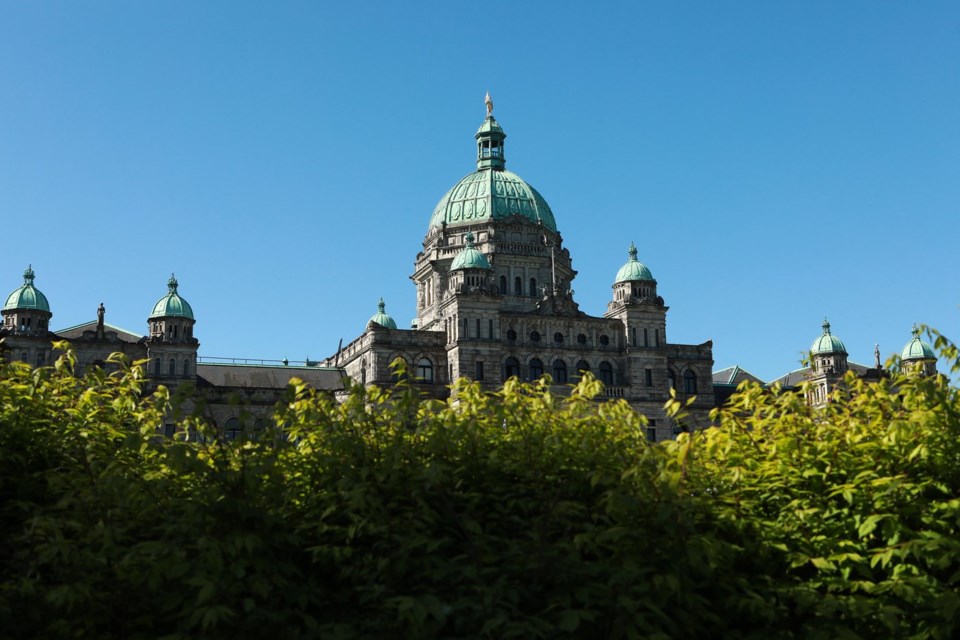VANCOUVER — Leaders from a wide array of businesses in British Columbia are urging the province's political parties to "deliver a clear and actionable plan" for revitalizing an economy that they say has pushed many residents into a "personal recession."
Groups representing the forestry and mining industries, independent businesses and contractors say they have sent a survey of 10 questions to leaders of political parties ahead of the fall election, asking for a clear response on their economic visions for B.C. and concrete steps to get there.
Business Council of British Columbia president Laura Jones says that her group is seeing more residents expressing a loss of hope in their "prospect of building a good life" in the province due to economic concerns, even if B.C. isn't technically in a recession.
Other business leaders say they want the next B.C. government to answer concerns about the high cost of doing business, government budget deficits, bureaucracy in delaying permitting of projects, public safety and acute labour shortages.
The call for information comes the same day B.C.'s Finance Minister Katrine Conroy unveiled the government's first quarterly financial report, forecasting consecutive budget deficits for the next three fiscal years, including an almost-$9-billion deficit for 2024-2025.
Greater Vancouver Board of Trade president Bridgitte Anderson says businesses remain in the dark about the economic platforms of the major parties, and fiscal reports from the province paint a "dire" picture for B.C.'s finances that requires billions in "that need to be cut or increased in taxes" for stability.
She says businesses are asking those who could form the next government "to show us a vision" on how the provincial economy can be rejuvenated.
"I think there's a lot of voters who are undecided right now, within the business community and public at large," Anderson says. "And I think this is an opportunity for all of the parties to look at their platforms and to appeal to the voters.
"This is a unique opportunity, and elections matter, campaigns matter. And this campaign will matter more than anything."
In late August, the government said it ended the fiscal year with a deficit of around $5 billion due to wildfire expenses and essential spending on "priority services."
During her report on Tuesday, Conroy said the first quarter of this fiscal year showed lower corporate income tax revenue and the cost of fighting wildfires as two factors having among the largest impacts on the provincial budget.
The report also says retail sales are down 0.5 per cent as "a continuation of last year's weakness" due to inflation and high-interest rates, while the value of merchandise exports grew only 1.6 per cent as commodity prices remain low.
Earlier this month, Canfor Corp. announced it is shuttering two northern B.C. sawmills, citing a recently imposed U.S. tariff as a key factor on top of ongoing financial losses, a weak lumber market and difficulty accessing economically viable timber in the province.
This report by The Canadian Press was first published Sept. 10, 2024.
The Canadian Press


